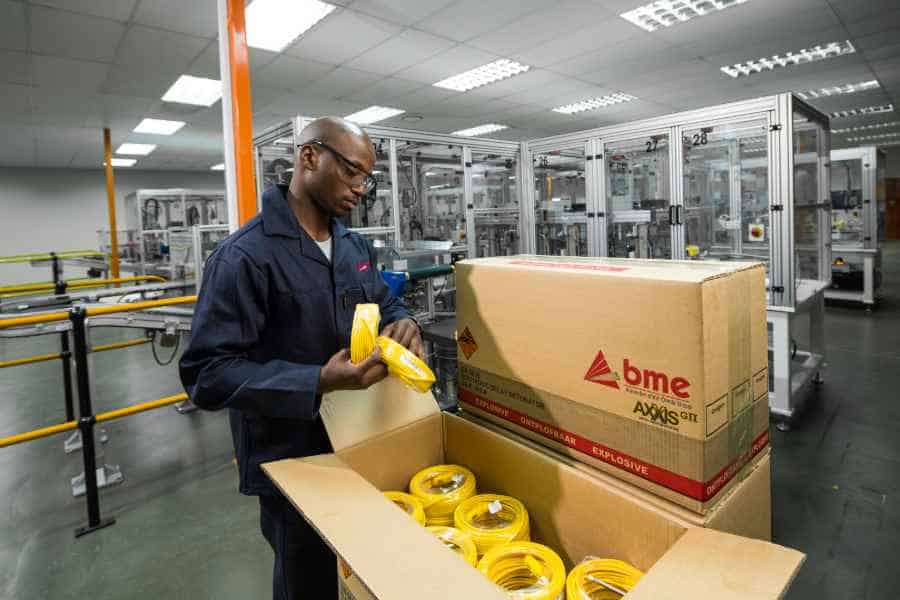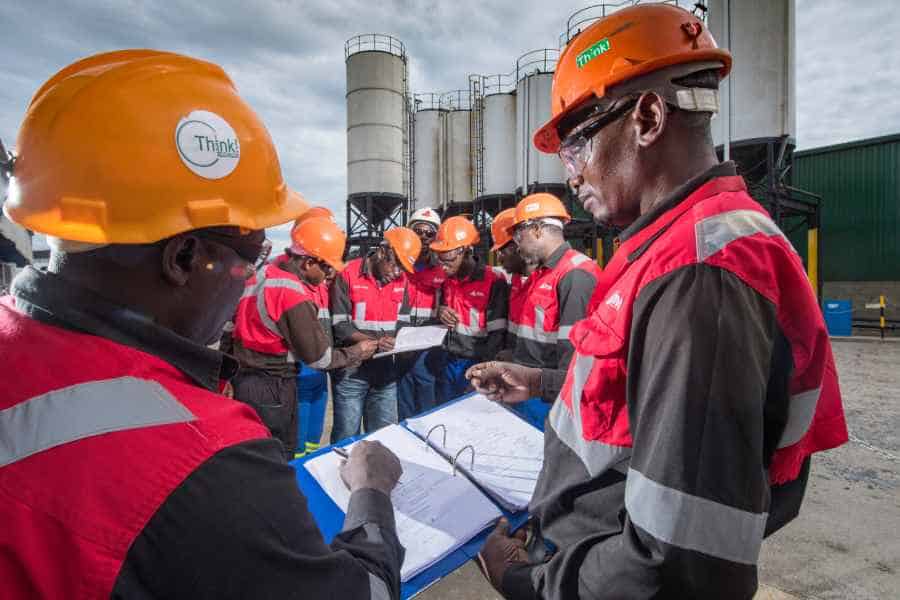BME, one of the largest suppliers of explosives to surface mines in South Africa, and a major supplier of explosives across Africa, recently celebrated its 30th anniversary.
Speaking at the anual Drilling and Blasting Conference of opencast mining explosives leader BME in Pretoria recently, political commentator and journalist Justice Malala reminded the approximately 400
delegates that property rights entrenched in Section 25 of the Constitution. To change this section, a party would require a 75% majority in both the National Assembly and in the National Council of Provinces.
The party talking most about the nationalisation – the Economic Freedom Fighters, launched recently by former African National Congress (ANC)member Julius malema – would at best get just a few votes. “We forget that people like Malema come and go,” said Malala. “In the 1990s Peter Mokaba used to say exactly the same things that malema is saying; now no-one talks about Mokaba.”
Malala said it was unlikely that new political parties would draw much support away from the (ANC) in the 2014 election; also new parties have had very poor success rate since 1994, with most of their support dwindling rapidly in the years after launching. “We have done well in South Africa, but not as well as we could have done.” said Malala. “We have big problems that we have not solved, so if someone like Malema scratches at the problems, he will get some traction and support.”
Malala urged business to be part of solving these problems, as there will always be political opportunists who use these issues to get votes. “Malema is really just a comment on the fact that we as the new South Africa has not done as much as we could to bring benefits to people,” he said. “So people like him will always come along; we cannot wish them away.”
He said the ANC had reiterated its stand against nationalisation at the Mangaung conference. “I do not think the ANC was ever going to nationalise [the mines],” said Malala. “However, they did take the decision to add some kind of tax on mining, and this will probably be introduced after the election next year.”
Malala said the pressures for the government to raise revenue included the pending introduction of the National Health Insurance scheme and the 16 million South Africans on social grants. The economic growth rate remained a real concern, as this fell behind even those of other less developed African economies. he reminded delegates that over half the number of young people in the country were without jobs, and many of them had even stopped looking for employment.
The other side of the employment coin was education; jobs were available, but matriculants were often not equipped to perform adequately. “We have got kids coming out of school with very poor education – the quality of our maths and science teaching is rated 143rd out of 144 countries,” said Malala.
However, he did not believe that South Africa faced an 'Arab spring' scenario as a result of high youth unemployment. “This is because we are a democracy, and people can protest if they want to make themselves heard,” said Malala. “But we have to solve these problems, and the key to this is the National development Plan.”
Comparing South Africa to faster growing African economies, Malala emphasised the fact that many of these countries did not have democratic systems, and many had presidents or national leaders who have been in power for decades. South Africa, on the other hand, could boast a constitution with democratic institutions, making it difficult to compare our future trajectory with other states on the continent.
“The vital expression of our democracy was our regular change of leaders since 1994. despite our differences, though, the rest of the continent is growing economically – off a low base, perhaps – but catching up with us,” warns Malala.
He highlighted the growing role of China in the economics of South Africa and Africa generally, and had a clear message for the private sector; “China will continue to be a big influence; if you are not thinking about the impact of China, your business is going to suffer.”





